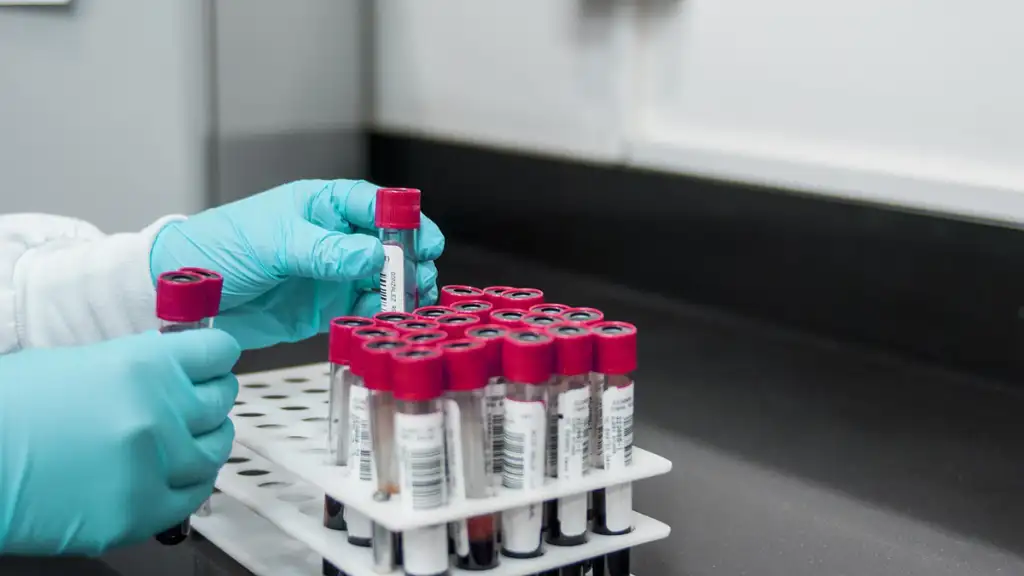A recent study published in the New England Journal of Medicine has revealed exciting progress in colon cancer detection through a new blood test. Developed by Guardant Health, this test targets specific DNA fragments released by both cancerous tumors and precancerous growths in the colon.
The study involved over 7,800 participants in the United States who underwent both the blood test and traditional colonoscopies, which are currently the gold standard for colon cancer screening.
While the blood test demonstrated an impressive ability to detect existing cancers, catching 83% of cases, it didn’t perform as well in identifying precancerous growths typically detected through colonoscopies. Colonoscopies are highly effective not only in detecting cancer but also in preventing it by removing these precancerous growths, called polyps.
However, many people are hesitant to undergo colonoscopies due to factors like the preparation involved, which includes drinking a strong laxative to empty the bowels, and the inconvenience of taking time off work for the procedure.
This new blood test offers a less invasive alternative to colonoscopies and can potentially increase screening rates by providing individuals with more options. Annual stool tests, where individuals send a stool sample to a lab for analysis, have also gained popularity due to their convenience.
Dr. Douglas Corley, Chief Research Officer for Kaiser Permanente, Northern California, emphasizes the importance of offering diverse screening options, stating that “the best test is the one someone will complete.”

Despite its promising results, the blood test did have some drawbacks. It produced false alarms in approximately 10% of cases where no cancer was found during colonoscopy, causing unnecessary anxiety and leading to additional follow-up procedures.
Additionally, while the blood test showed potential in detecting colon cancer, more research is needed to determine its effectiveness in detecting other types of cancer and to ensure it doesn’t produce misleading results.
Colon cancer is a significant health concern, ranking as the second leading cause of cancer deaths in the United States and the third worldwide. With over 153,000 new cases and 53,000 deaths expected this year in the U.S. alone, effective screening methods are crucial for early detection and treatment.
Dr. William Grady of the Fred Hutchinson Cancer Center highlights the importance of increased screening in reducing cancer deaths.
In addition to the blood test, advancements have also been made in stool-based tests. An updated version of the Cologuard stool test, which also looks for DNA fragments, showed improvements in reducing false alarms, potentially leading to fewer follow-up colonoscopies.
Related News:
- Braves’ Strider and Phillies’ Wheeler Ready for Opening Day Battle
- Have You Tried Good Harvest? Let’s Discuss the Delicious Flavors and Amazing Experience
- Georgia Woman Receives Rare Present: A New Heart
Dr. Nabil Mansour of Baylor College of Medicine expresses excitement about the availability of a reliable blood test option while continuing to recommend colonoscopies for his patients.

